
SPECIFIC POLICIES ENCOURAGING PRIVATE ARCHIVE ACTIVITIES
Speaking at the discussion on the Draft Law on Archives (amended), Mr. Hoang Minh Hieu - Standing Member of the National Assembly's Law Committee, National Assembly delegate of Nghe An delegation, expressed his agreement with the fact that this draft law has added to the scope of regulation of private archives activities.
This stems from the fact that there are many valuable private archives that have not been properly preserved and promoted. Currently, the number of private archives in the community is relatively large, such as royal decrees, genealogies, genealogies, ancient contracts, etc. or documents recently formed related to the activities of typical individuals.

However, these types of documents are currently mostly stored in a very simple form, not yet evaluated to promote their inherent value. There have even been many cases of theft and transfer abroad. This shows that encouraging and strengthening management of private storage activities is extremely necessary.
However, through studying the draft law, delegate Hoang Minh Hieu assessed that it can be seen that the regulations on private archiving activities still have many limitations. On that basis, the delegate from Nghe An gave some comments to contribute to perfecting these regulations.
First of all, delegate Hoang Minh Hieu suggested that it is necessary to clearly define the adjustment goal for private storage activities as encouraging participation to improve management efficiency.
"We agree with the Drafting Committee that the adjustment to private storage activities needs to harmoniously coordinate between encouraging development and strict management," said the delegate.
However, the draft law currently imposes many obligations on owners of private archives of special value. For example, they must have priority to purchase from the State; can only buy, sell, and exchange with Vietnamese agencies, organizations, and citizens; and must notify when there are changes.
He believes that setting these obligations is necessary, but without strong support and encouragement solutions, owners of archival documents will consider and not participate in preparing dossiers to request recognition of archival documents of special value, because then they can more freely decide on these documents.
Therefore, Standing Member of the National Assembly's Law Committee Hoang Minh Hieu said that it is necessary to determine the most important goal of State management of private archival activities, which is to encourage people to register so that State agencies can fully collect information about private archival documents of special value, in order to promote the value of these documents.
Besides, only when there is complete information, will State agencies have the basis to implement further management solutions, such as not allowing buying, selling, or exchanging with foreigners; being given priority to buy first;...
The second issue that the delegate from Nghe An mentioned is the need to specify policies to encourage private archiving activities.
Article 45 of the current draft law stipulates policies to support private storage activities, but is lacking in specifics. At the same time, there are no regulations assigning the Government to provide detailed regulations.
For example, Clause 5 of this Article provides for encouraging organizations and individuals to donate private archival documents of special value to the State, but does not clarify the specific measures for this encouragement. Referring to the Chinese Archives Law, they clearly stipulate forms of rewards and honors for individuals and organizations that have donated important archival documents to the State.
In addition, with the goal of encouraging voluntary participation of organizations and individuals in private archiving activities, delegate Hoang Minh Hieu proposed considering two more policies.

One is to allow people to register to have their archives assessed for free. Through this measure, people will proactively submit their archives for assessment and learn about the assets they hold.
On the State side, the archives will have the conditions to count and grasp the sources of documents being kept in the community, from which there will be better methods of management and protection. In the context of our country, this is extremely important, because most of the ancient documents that are more than 100 years old are often written in the Han-Nom language, which many people today find difficult to evaluate.
Second, instead of only regulating that individuals and organizations can deposit private archival documents of special value in the Historical Archives for free, the draft law should stipulate that State archives can preserve special archival documents for free right in families' homes.
In reality, this is consistent with the general psychology of families and clans, because archived documents of special value often have high spiritual value, so families and clans often want to keep them in sacred places of their family and clan.
NEED TO CLEARLY DEFINITION THE SCOPE BETWEEN THE ARCHIVES LAW AND RELATED LAWS
The third issue that delegate Hoang Minh Hieu proposed is the need to clearly define the scope between the Law on Archives and related laws.
Because according to current regulations, archival documents of special value are subject to the regulation of 3 laws: Law on Archives, Law on Cultural Heritage and Law on Libraries. For example, currently in the list of 237 relics that are national treasures, there are documents that are being stored at archives such as: The Decree of the President of the Provisional Government of the Democratic Republic of Vietnam 1945-1946, the Testament of President Ho Chi Minh or books such as "The Revolutionary Path".
These three laws all have provisions on the State's support policies for valuable documents. For example, according to Point c, Article 5 of the Library Law, the State has a policy of "collecting, preserving and promoting the value of ancient and rare documents, and collections of documents of special value in history, culture and science"; Article 42 of the Law on Cultural Heritage specifically stipulates the State's policies on protecting and promoting the value of privately owned relics and antiques.
“Such duplication will lead to difficulties for people in choosing a form of protection for their valuable documents; at the same time, it will also lead to waste of the State budget,” said delegate Hoang Minh Hieu.

The fourth issue is that delegates suggested that it is necessary to further improve legislative techniques in the draft on private archiving activities.
For example, in the content of the chapter on private archives, there are still some inconsistent contents, such as Clause 5, Article 45, which encourages agencies and organizations to sell documents of special value to the State, but Clause 2, Article 51 and Clause 4, Article 47 impose mandatory obligations on these organizations and individuals to give priority to purchasing to the State.
Some provisions are still ambiguous and difficult to implement. For example, Article 49 stipulates that organizations and individuals must apply the provisions on archival activities according to Chapters III and IV of this law to implement appropriately, which is unclear and does not follow any specific regulations, causing difficulties for organizations and individuals in implementing the law.
Some provisions are still lacking important content. For example, the responsibility of individuals and organizations in publishing archival documents must comply with relevant State regulations on confidentiality, and must not infringe upon the interests of the State, society, collectives and other public interests.
Earlier, in the morning of the same day, the National Assembly passed the Law on Identity Cards, the Law on Housing (amended) and discussed in the hall the Draft Law on the Capital City (amended); Government reports on: Preliminary summary of the pilot organization of the urban government model in Hanoi City, Da Nang City and the results of 3 years of implementing the organization of urban government in Ho Chi Minh City. In the afternoon of the same day, the National Assembly voted to pass the Law on Water Resources (amended).
Source







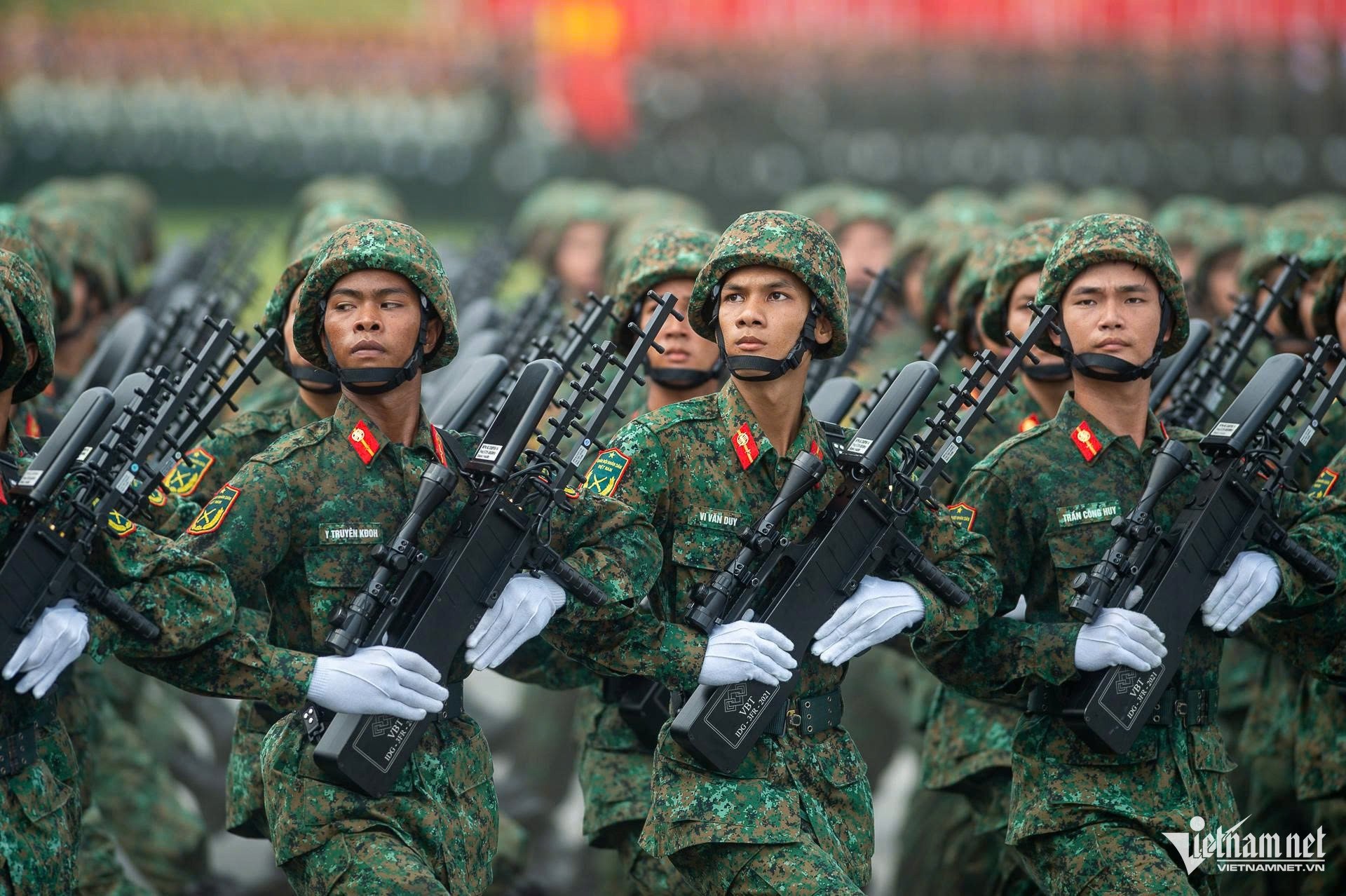

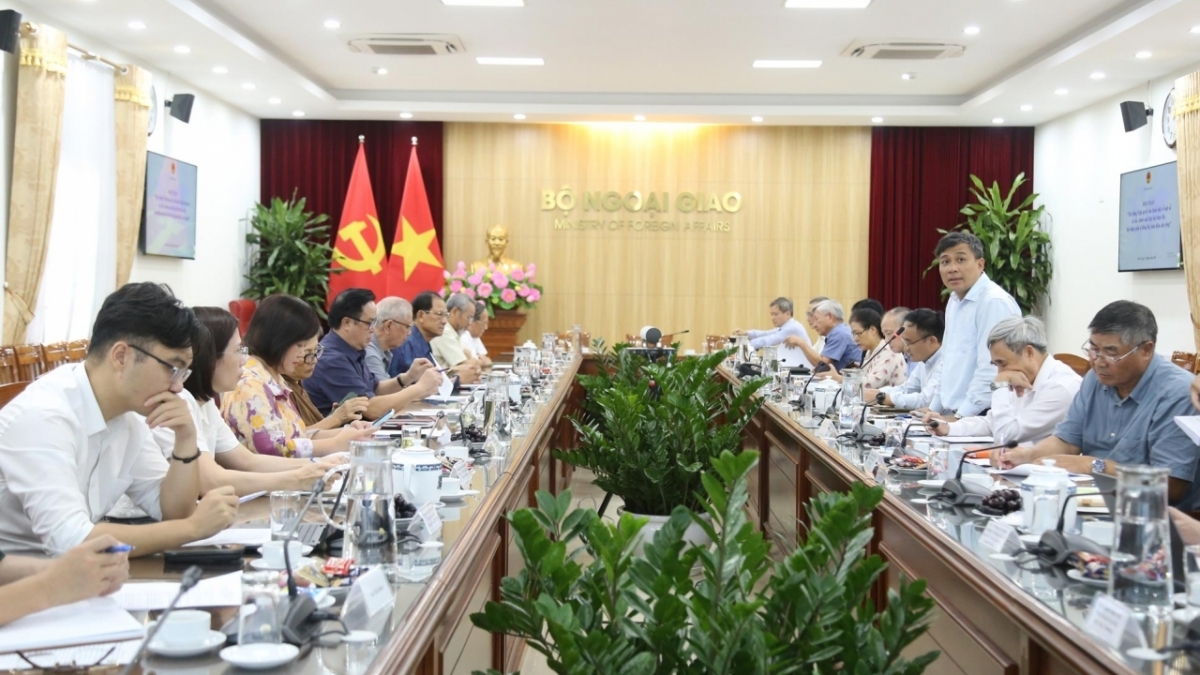

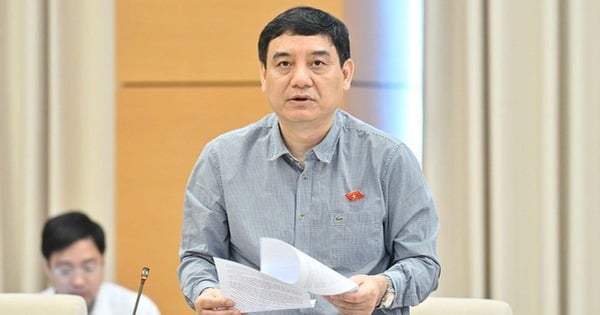

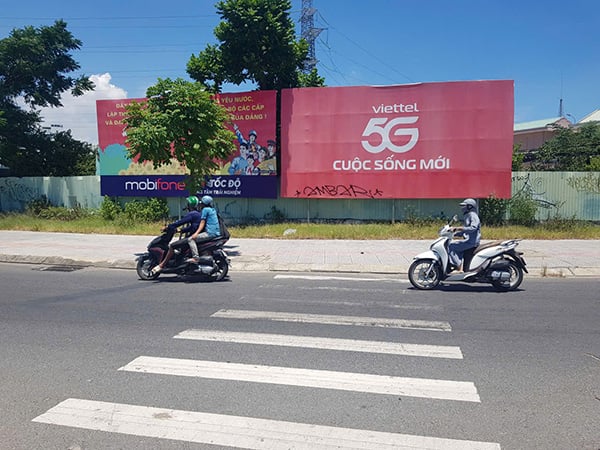



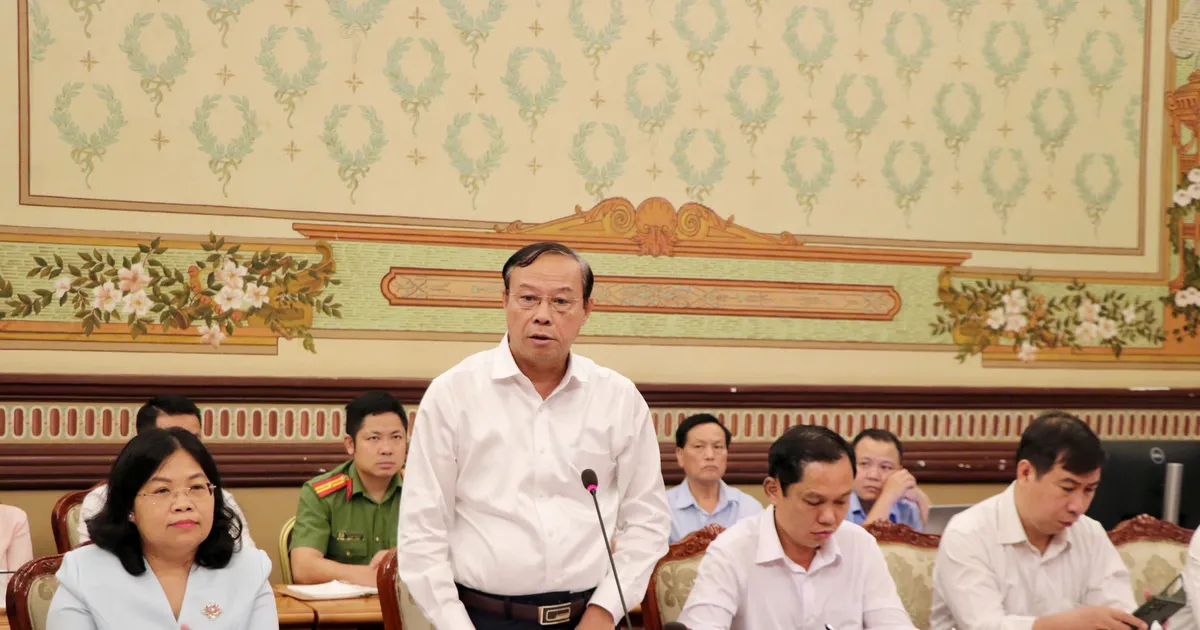

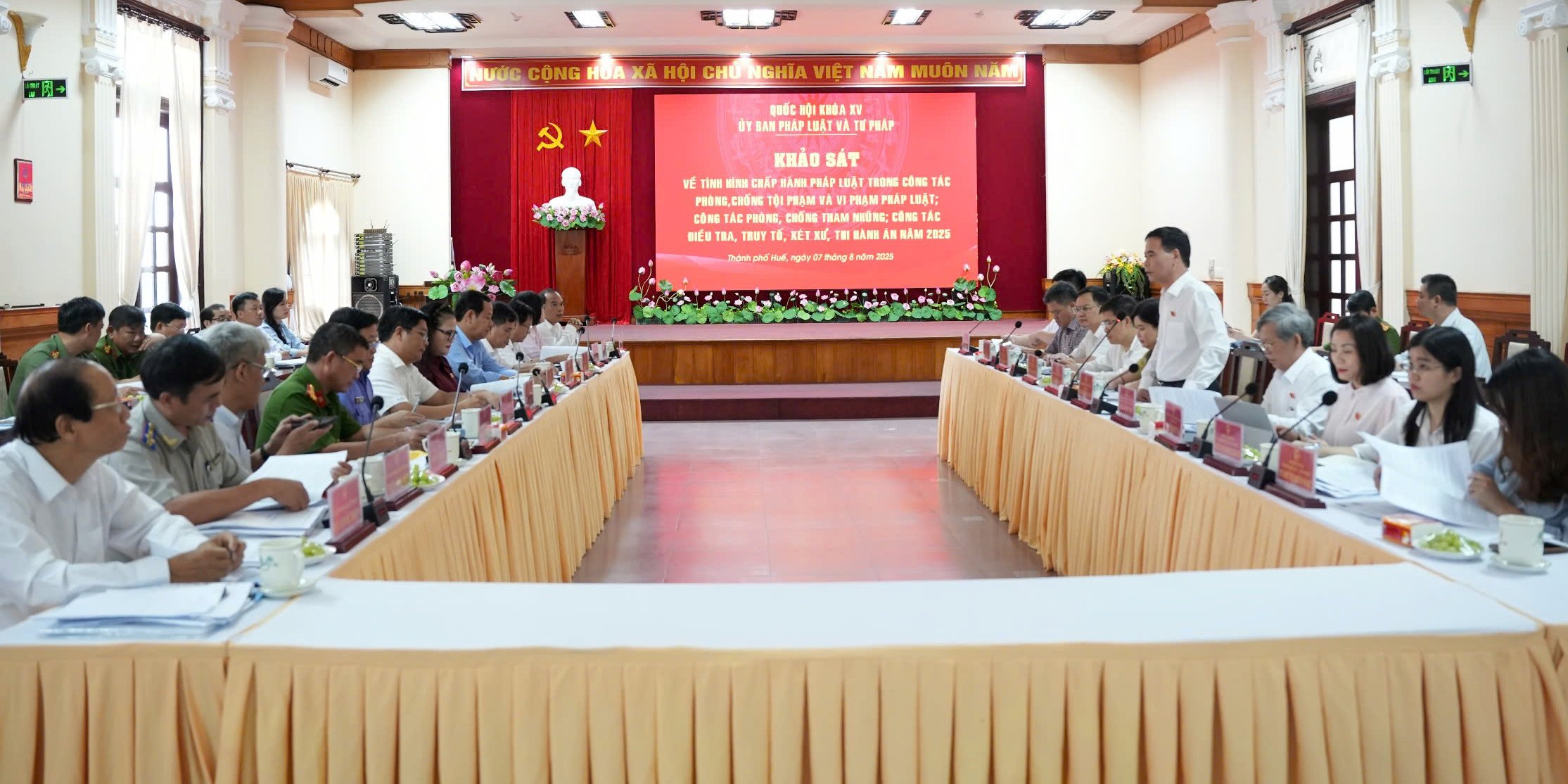

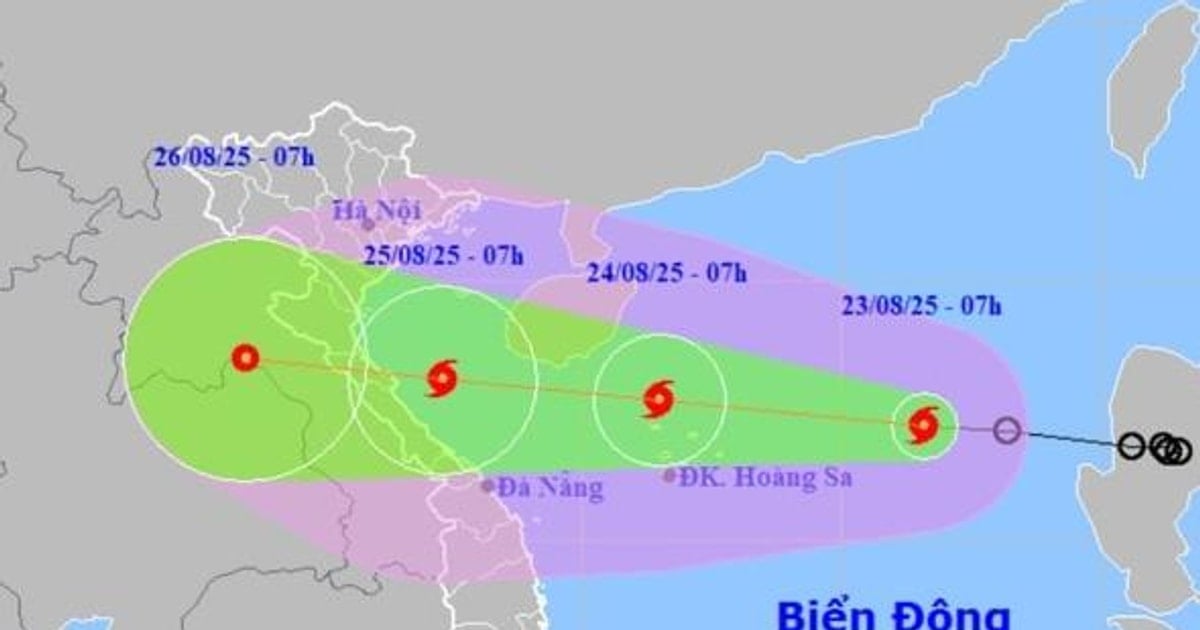



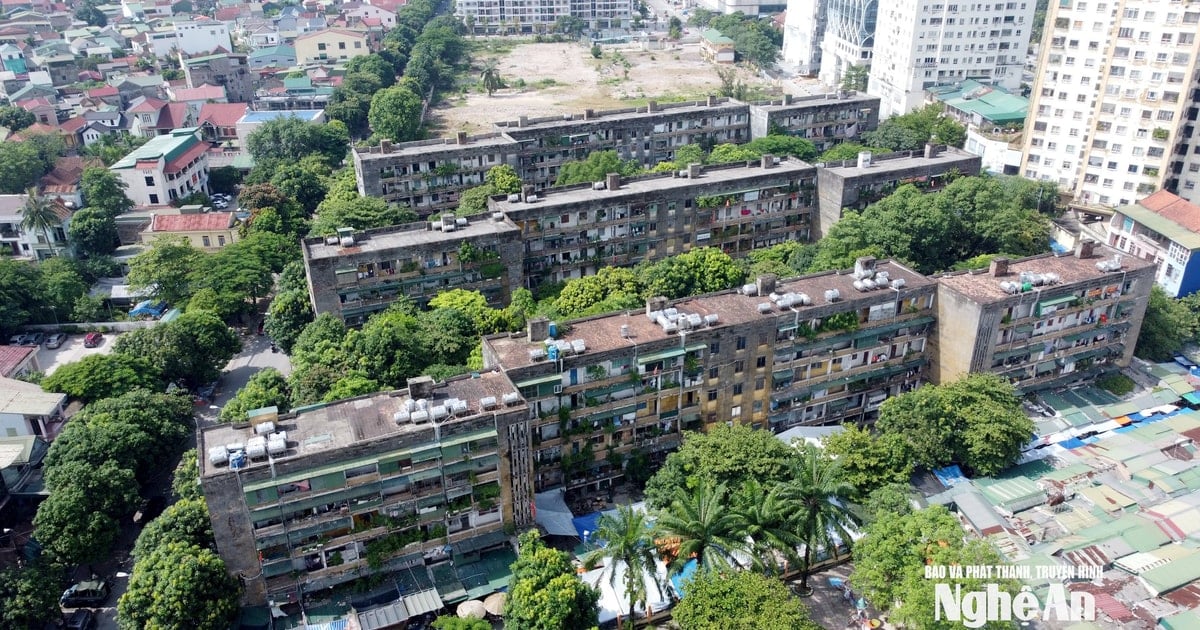
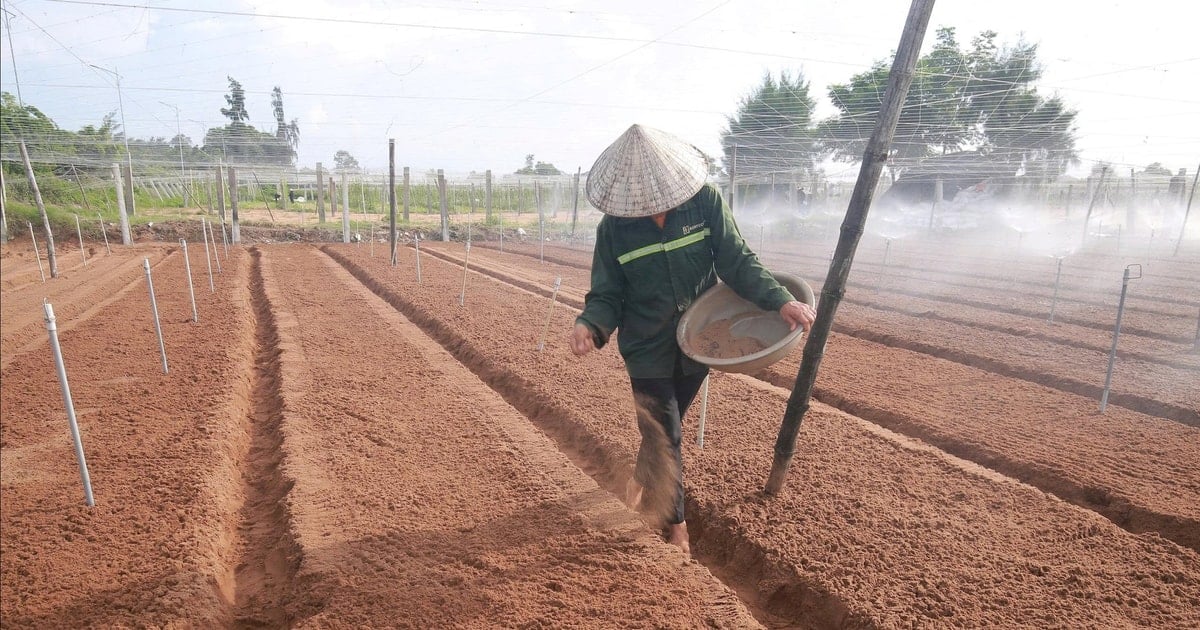
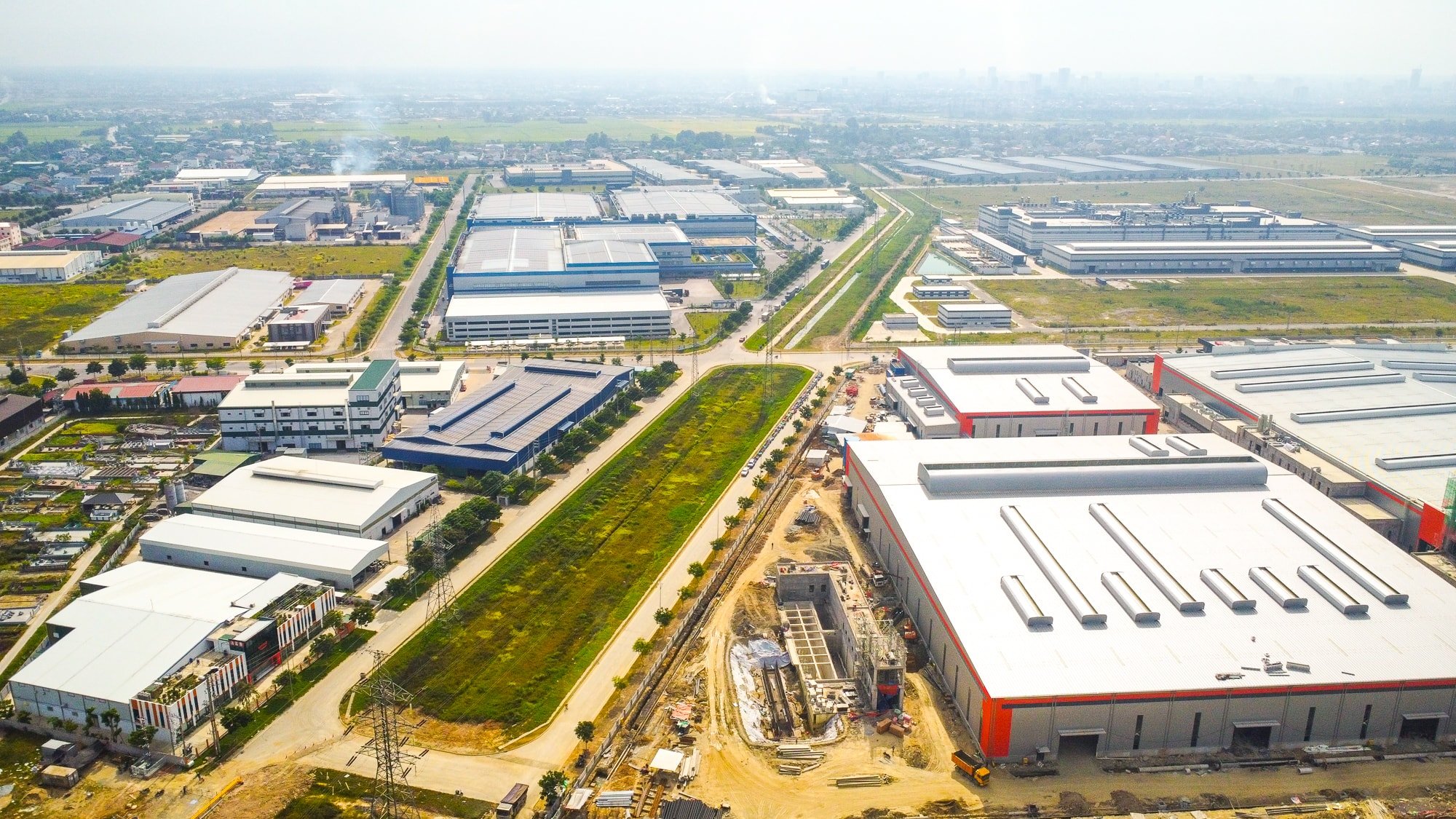


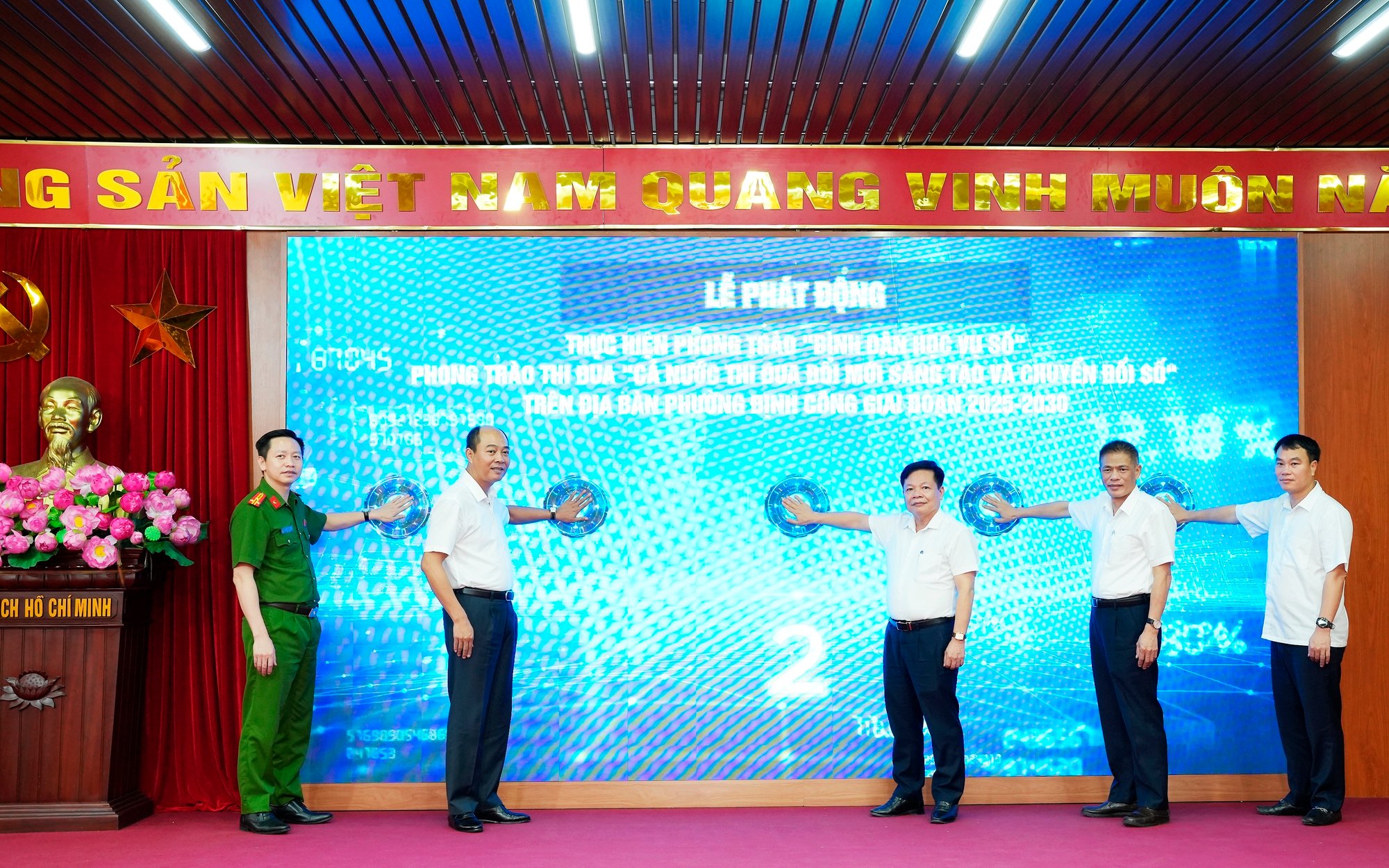
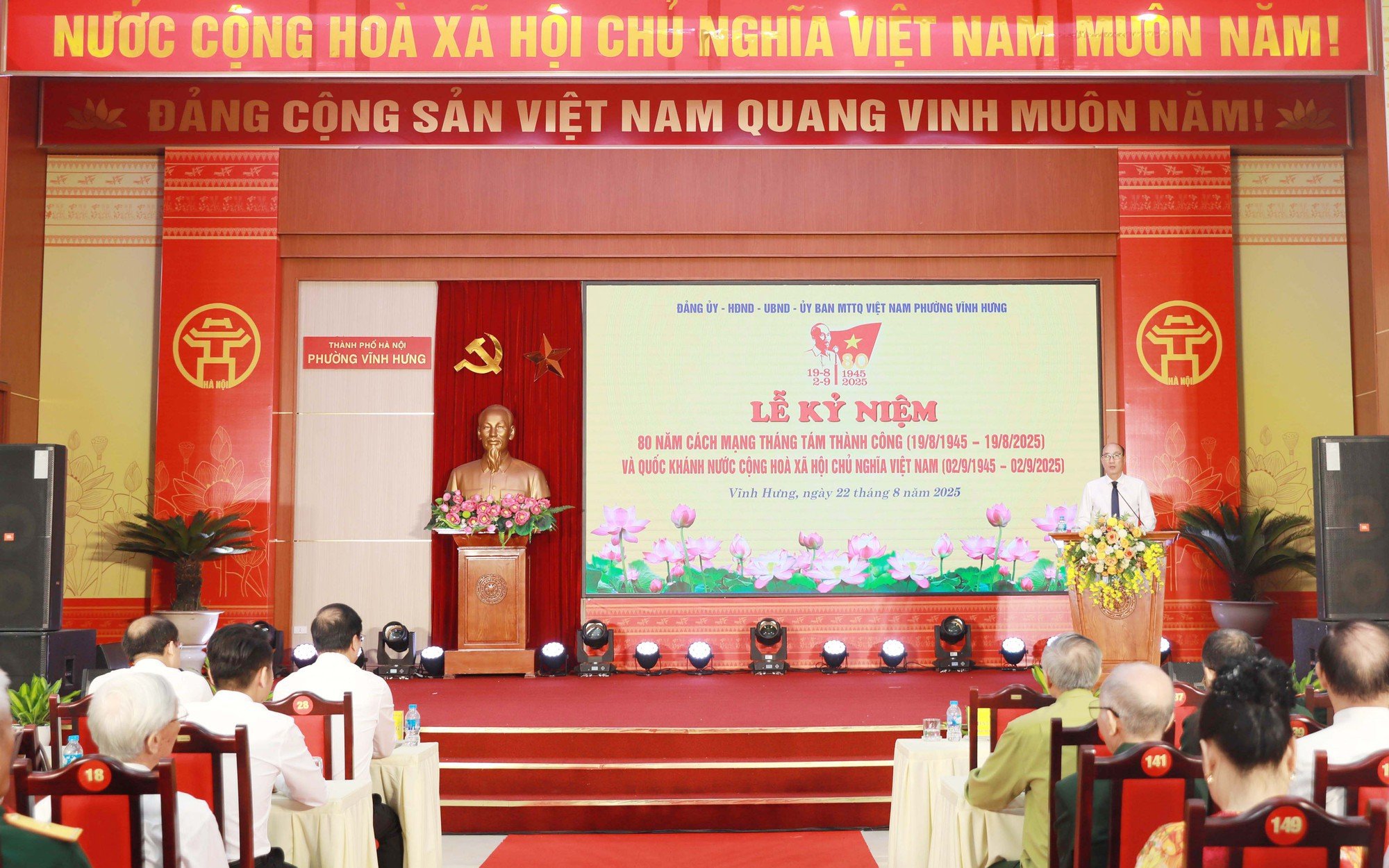
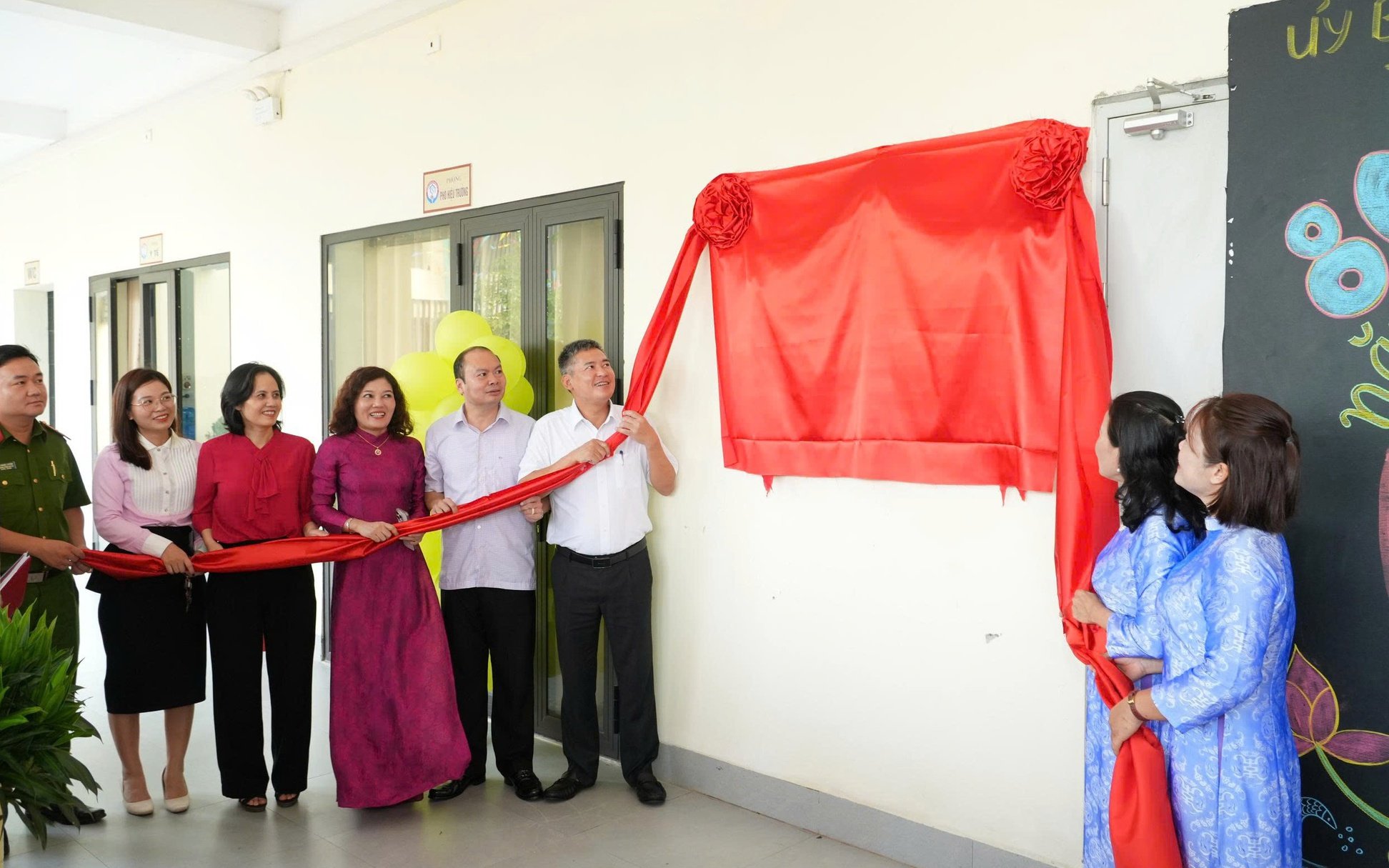
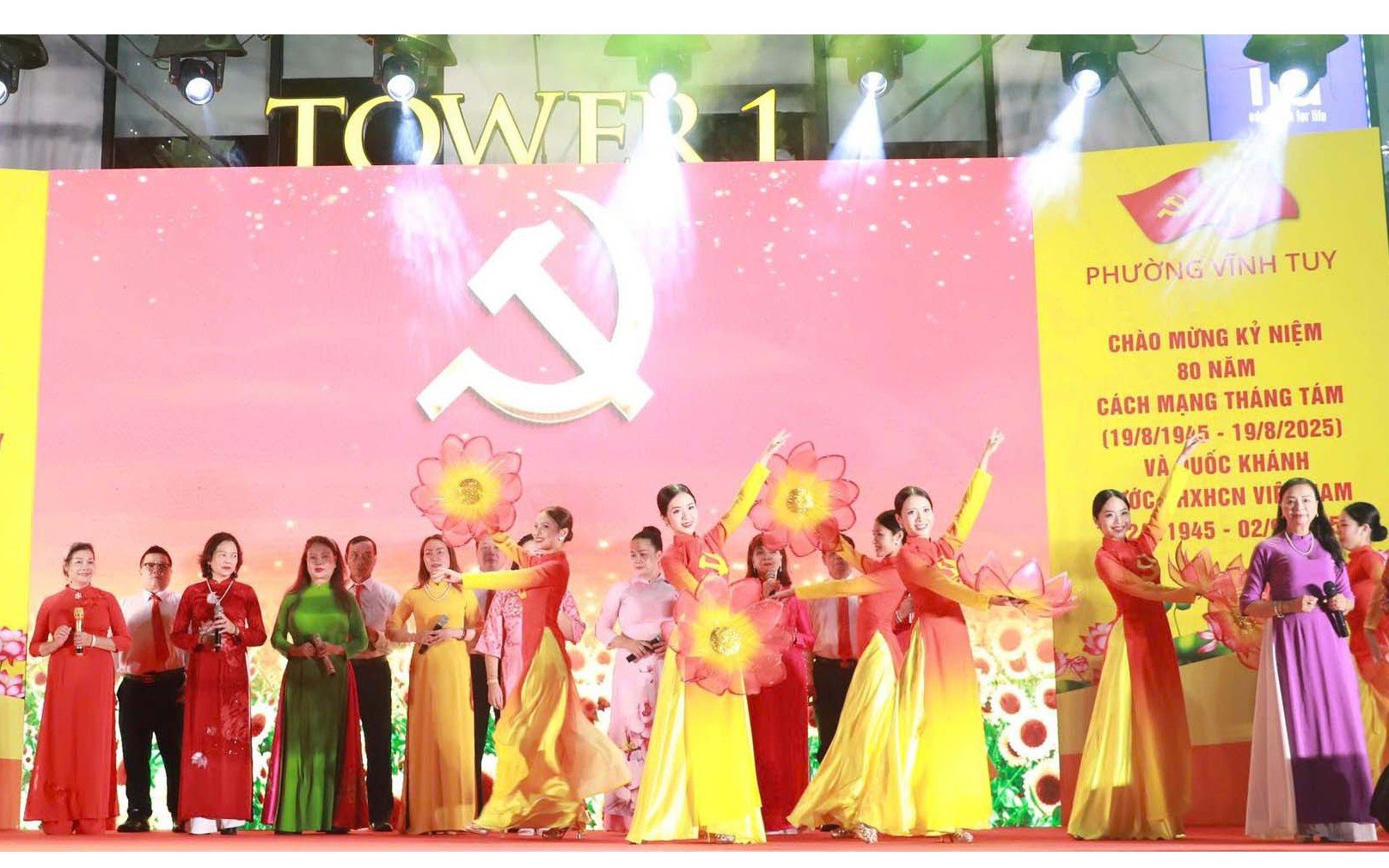
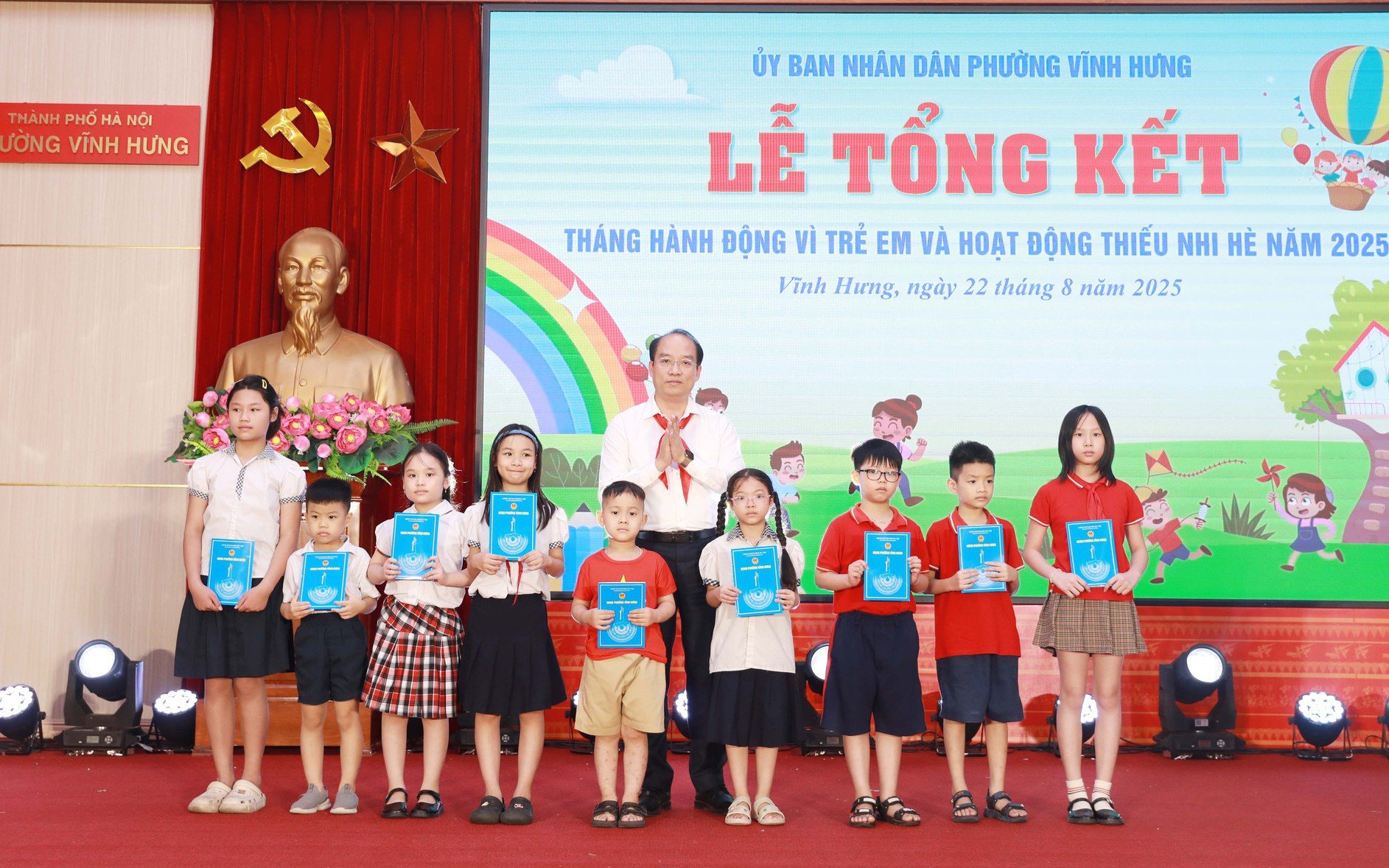
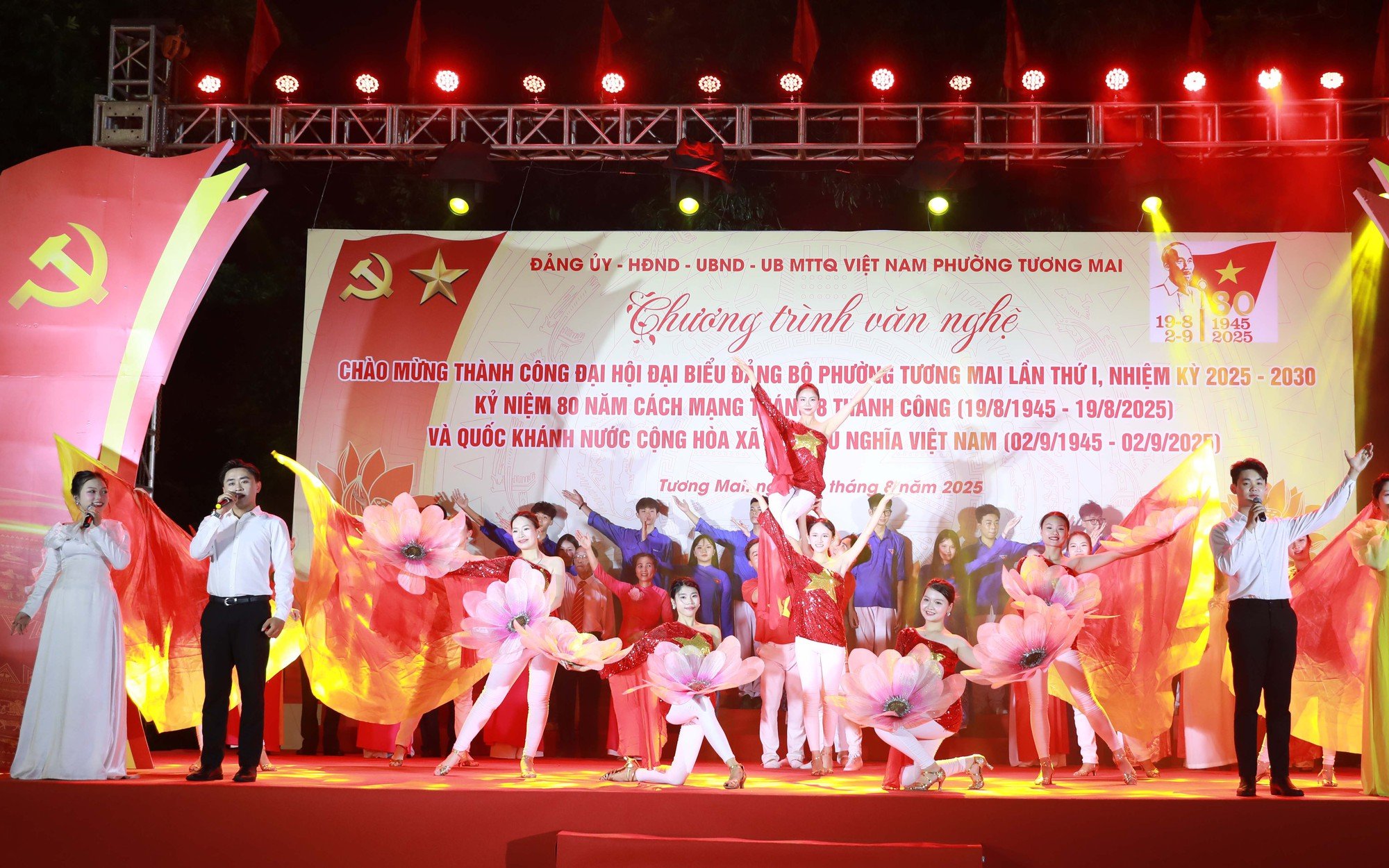

![[Photo] President Luong Cuong attends special political-artistic television show "Golden Opportunity"](https://vstatic.vietnam.vn/vietnam/resource/IMAGE/2025/8/22/44ca13c28fa7476796f9aa3618ff74c4)

































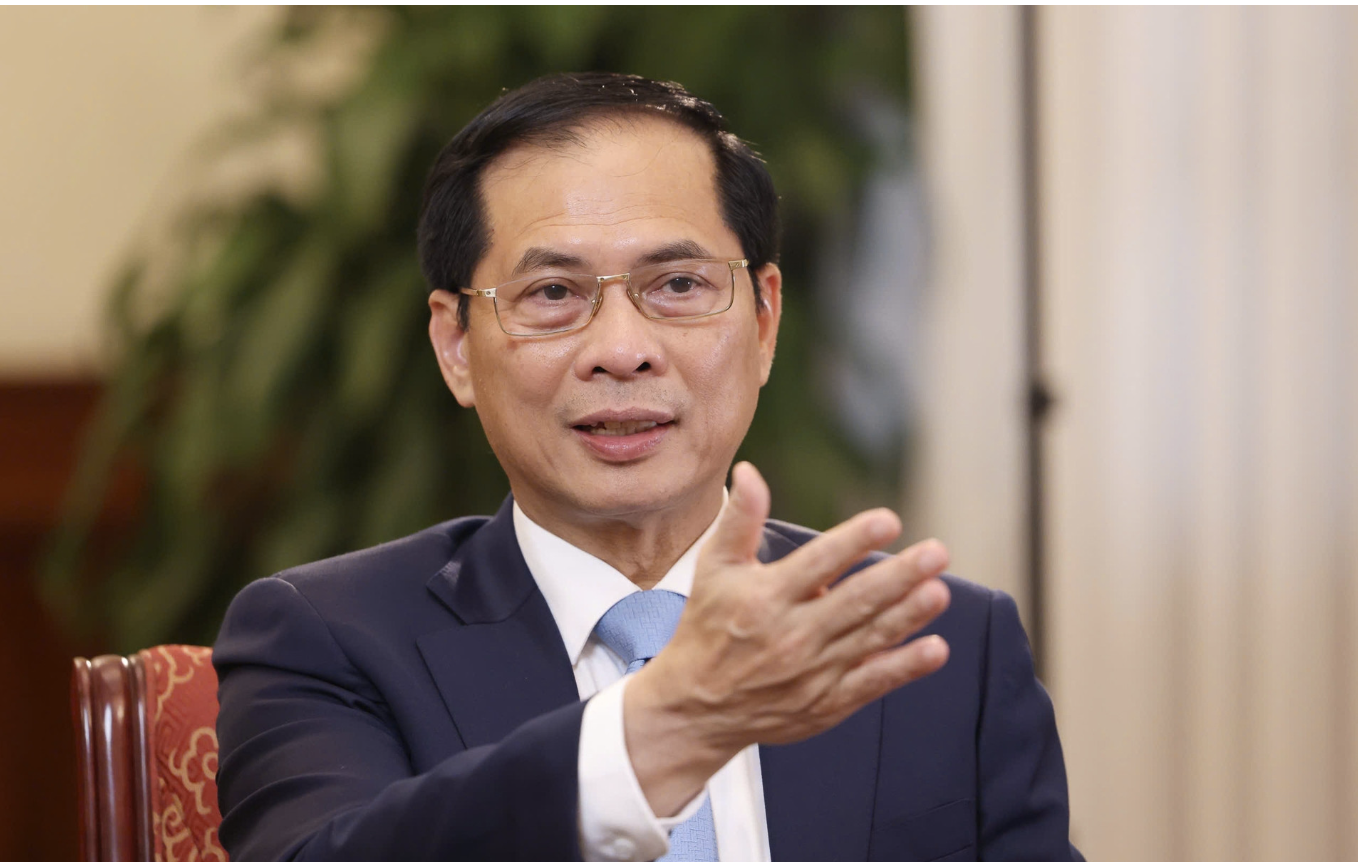

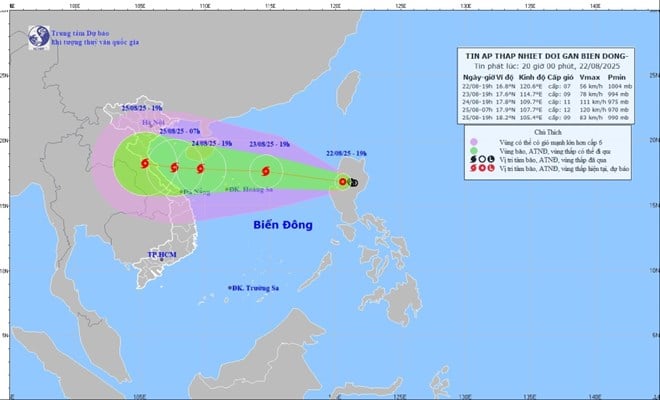

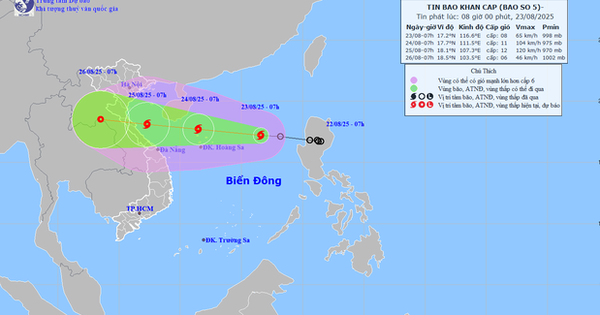

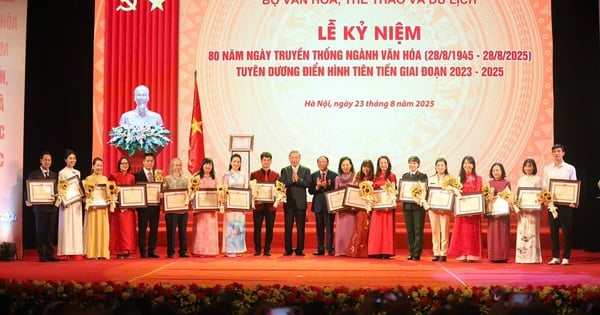
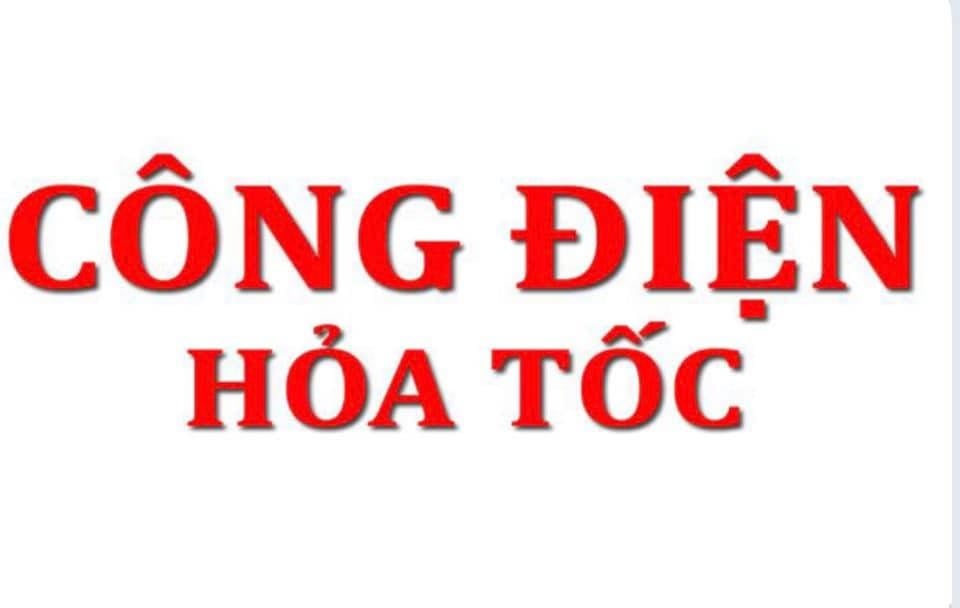

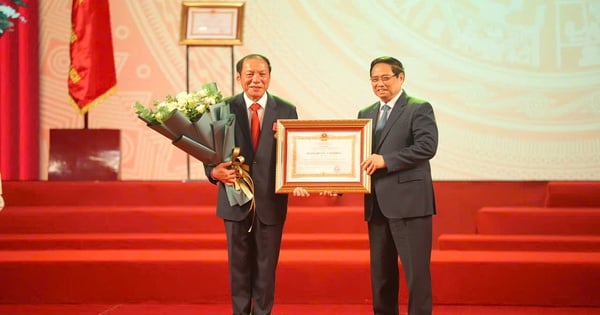
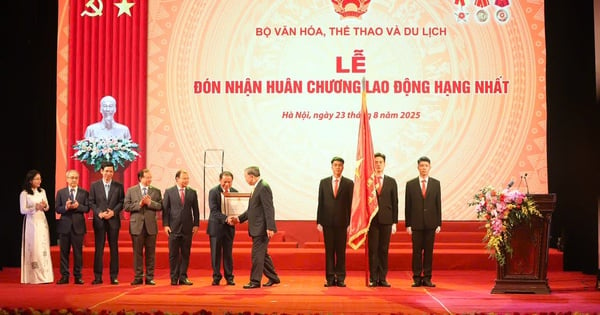
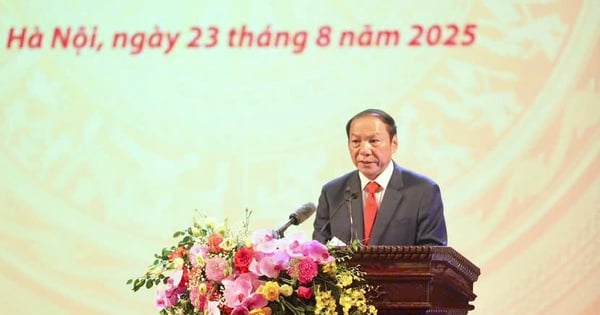
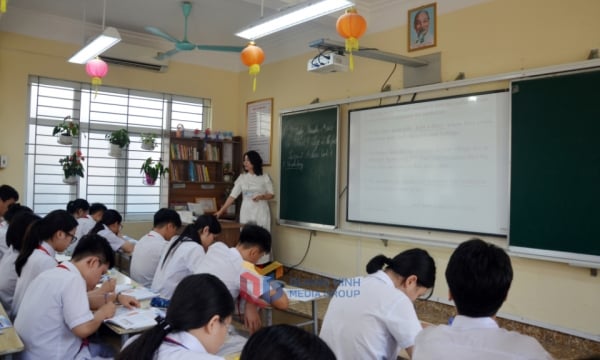





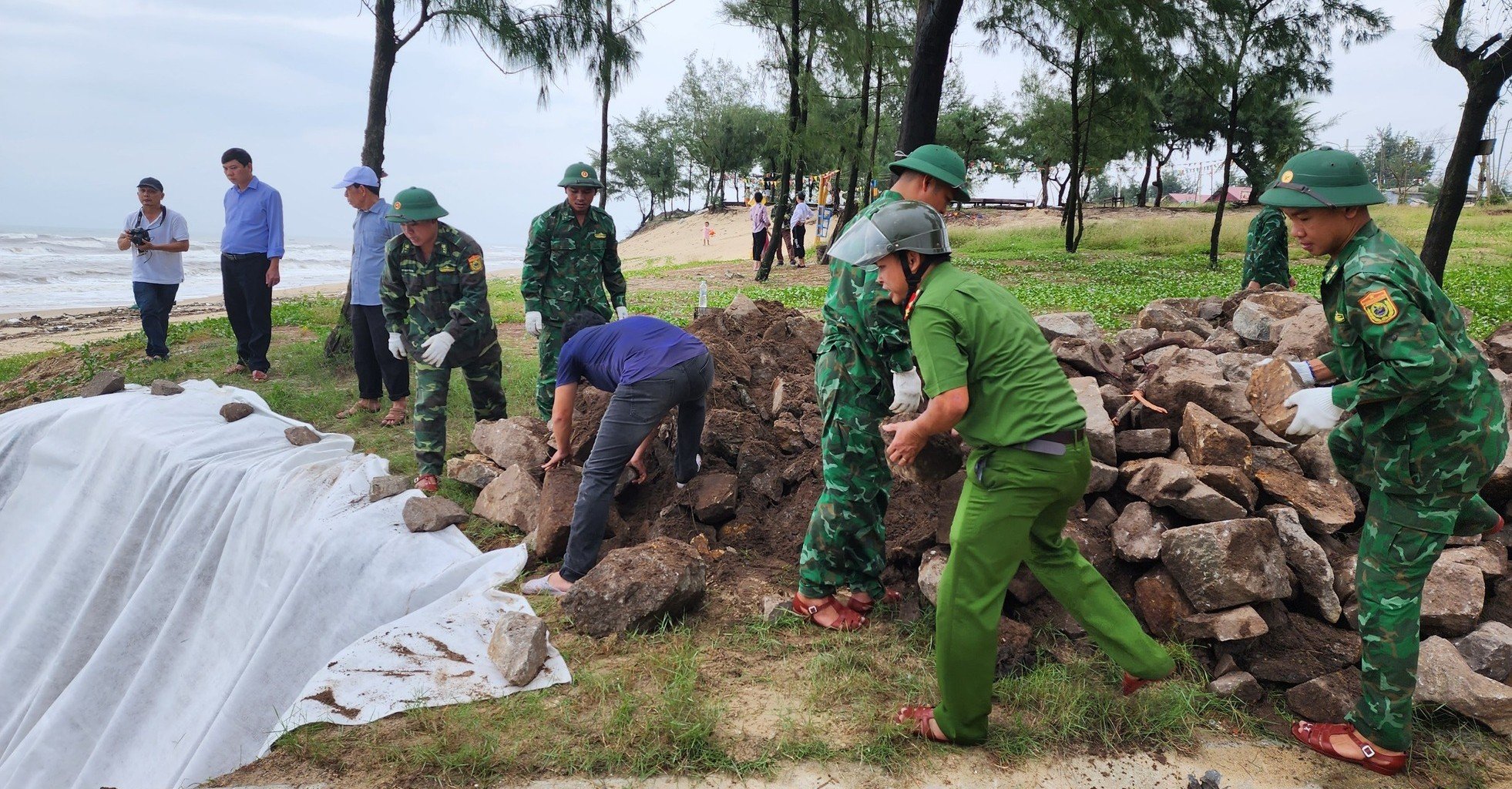
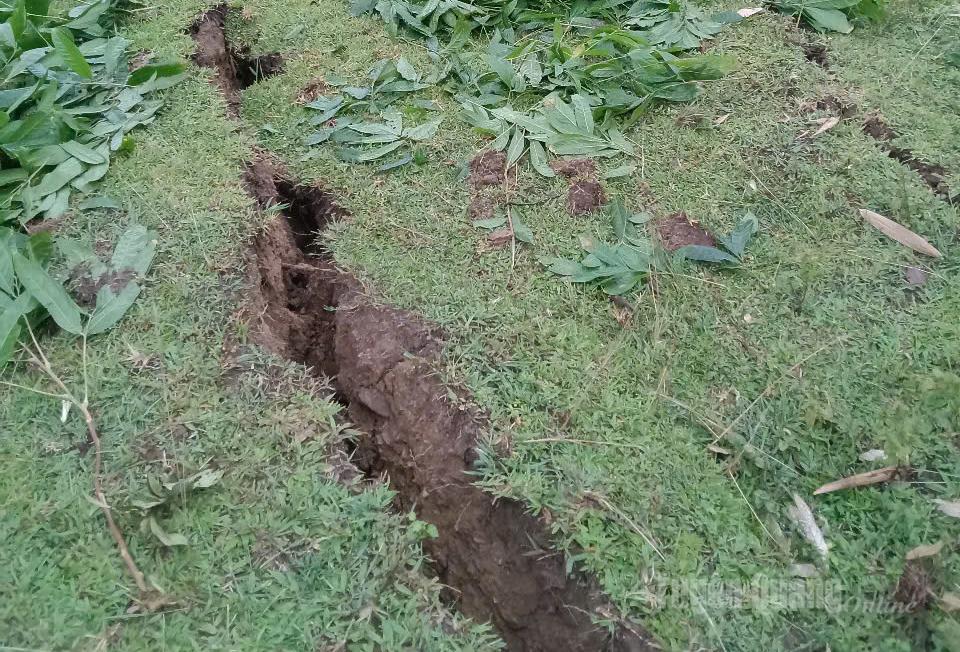








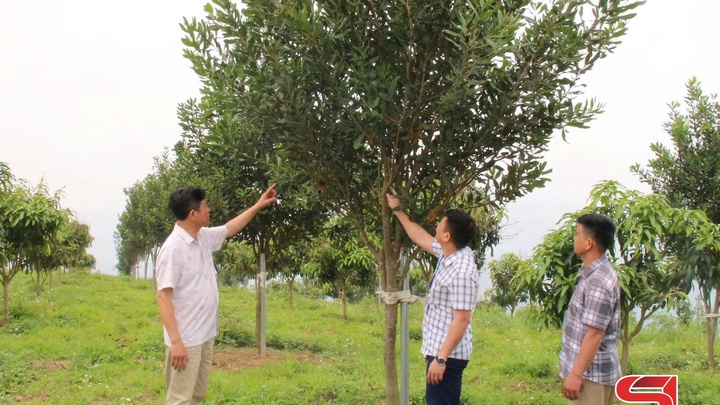







Comment (0)